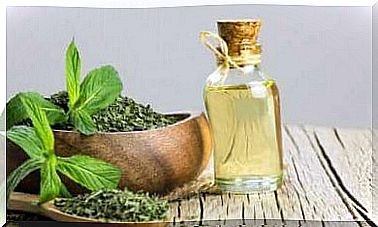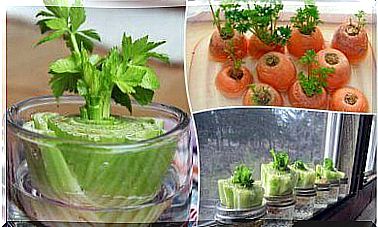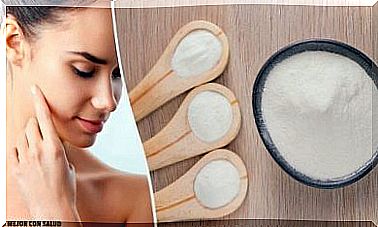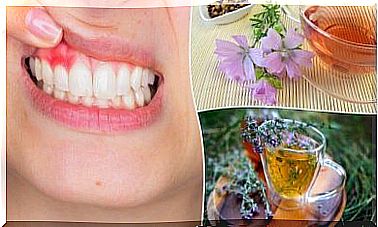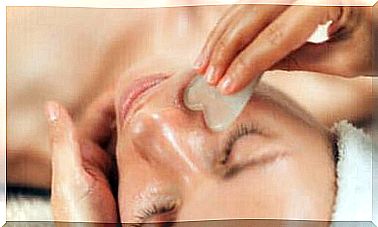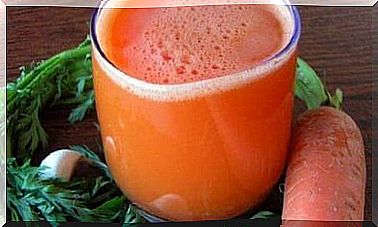Herbal Sources Of Omega-3 Fatty Acids
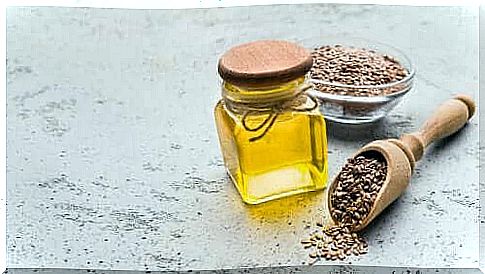
Omega-3 fatty acids are polyunsaturated fats which, together with Omega-6 fatty acids, belong to the so-called essential fatty acids. They get their name from the fact that they are necessary for the body. But because the body cannot produce them itself, they must be obtained from food. Fortunately, there are many herbal sources of Omega-3 fatty acids.
Benefits of Omega-3

The properties of Omega-3 benefit the body in many important ways. Some of them are:
- They have anti-inflammatory properties.
- Omega-3 enhances the production of HDL (“good cholesterol”) and the loss of LDL (“bad cholesterol”), which prevents plaque from building up in the walls of blood vessels.
- They lower triglyceride levels.
- They help lower blood pressure.
- In children, they play an important role in brain development and growth.
- Omega-3 can help protect against many diseases, such as diabetes, stroke, some cancers, and ulcerative colitis.
- These fatty acids have anticoagulant properties.
- They reduce the symptoms associated with rheumatoid arthritis.
The daily dose of Omega-3 has not yet been determined. However, some studies have shown that one gram per day significantly reduces the risk of cardiovascular disease.
Herbal sources of omega-3 fatty acids
Below we present the herbal sources of Omega-3 fatty acids that are worth including in your diet this can help improve your health and possibly prevent some diseases. Remember that there are many other herbal sources of Omega-3 fatty acids than those mentioned here!
1. Flaxseed and olive oil
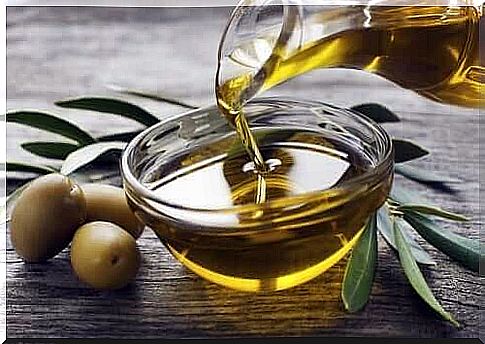
Flaxseed oil consists of 75% Omega-3 and 25% Omega-6. It is a very important food for the metabolism of prostaglandins that regulate inflammation. One tablespoon of flaxseed oil contains about seven grams of Omega-3, which is why it is one of the most important plant-based sources of Omega-3 fatty acids.
Olive oil, on the other hand, helps meet the need for polyunsaturated fatty acids. Healthy olive oil is easy to add to a small sip even on top of breakfast breads or lunch salad.
2. Microalgae
“Microalgae” are a type of small algae that includes, for example, chlorella.
Chlorella contains the most Omega-3 fatty acids in algae, although it is taken only in small doses (second most of these fatty acids are found in spirulina and chlamath). In addition to being high in these fatty acids, these algae also have important antioxidant effects.
3. Herbal sources of omega-3 fatty acids: nuts
The ratio of Omega-3 to Omega-6 in nuts is balanced: 5: 1. Eating 14 nuts (about 60 grams) meets half of your daily need for Omega-3.
4. Chia seeds
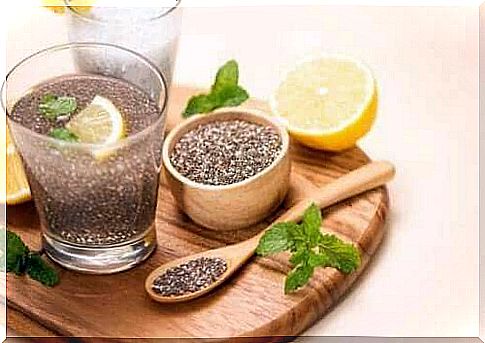
Chia seeds are one important plant-based source of Omega-3 fatty acids, along with flax seeds. They contain 33% fat (62% Omega-3 and 20% Omega-6). However, keep in mind that these seeds should be soaked before use.
Many people, especially vegetarians, have begun to take advantage of Chia seeds in their diet. For this reason, these seeds, which were initially only sold in health food stores and other specialty stores, are now easily found in large supermarkets as well.
5. Avocados are a healthy plant-based source of Omega-3 fatty acids
The popularity of avocados has grown steadily. In some diets, they are eaten a lot due to their good nutritional value, which includes a little bit of everything. They are one of the main herbal sources of Omega-3.
Some neurologists even consider them to be the best nutrition for brain health and prevention of Alzheimer’s disease.
Summary
All of these herbal sources of Omega-3 help meet WHO recommendations for Omega fatty acid intake. It is important to keep in mind that certain groups of People are more sensitive to a deficiency of this nutrient, such as children whose brains are still developing. Omega-3 should therefore be added to all diets for your own health and to prevent possible diseases.
